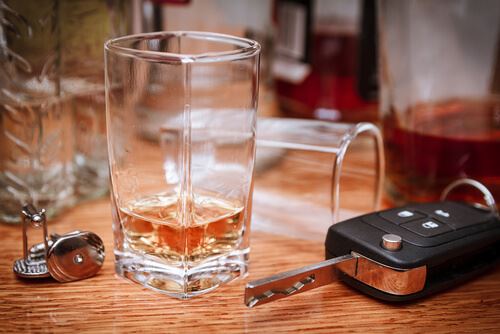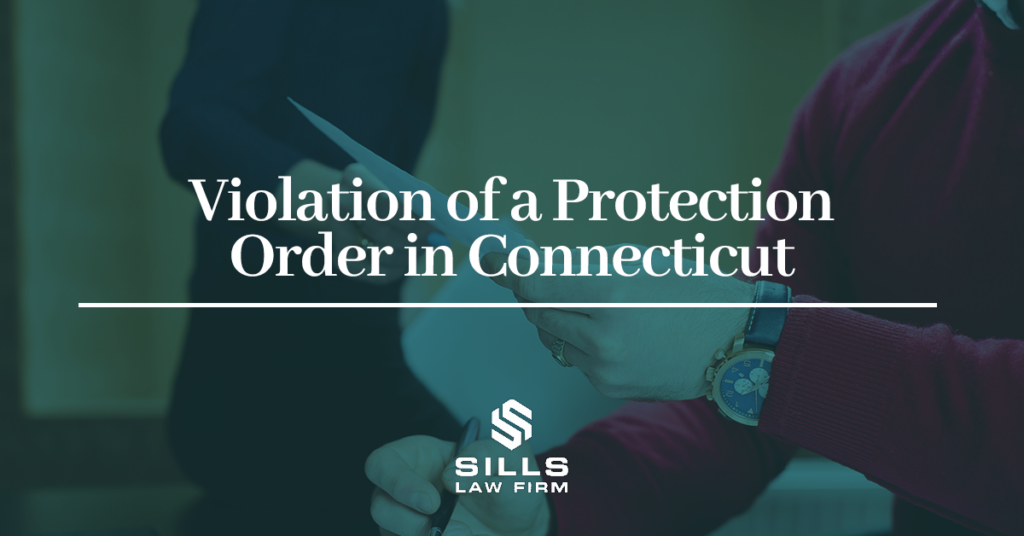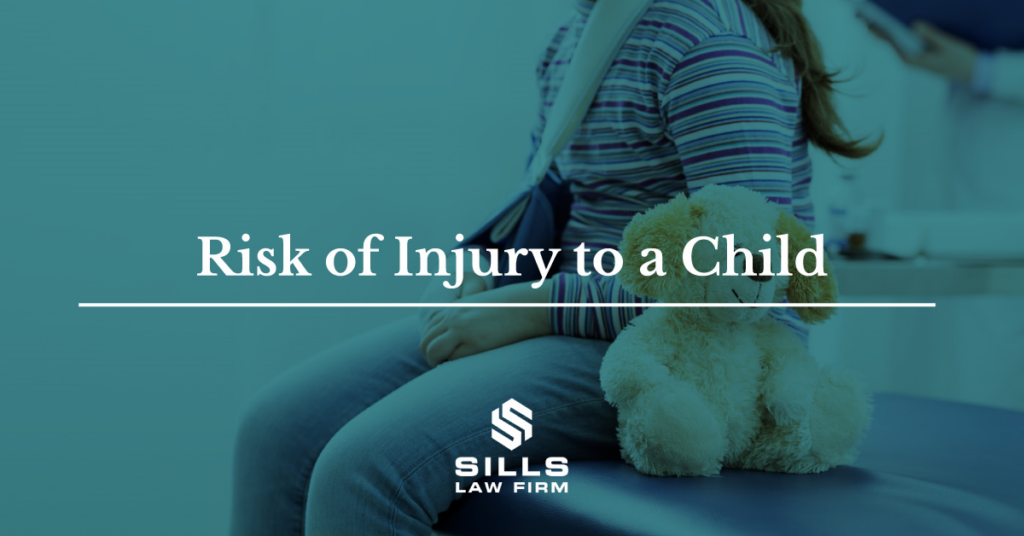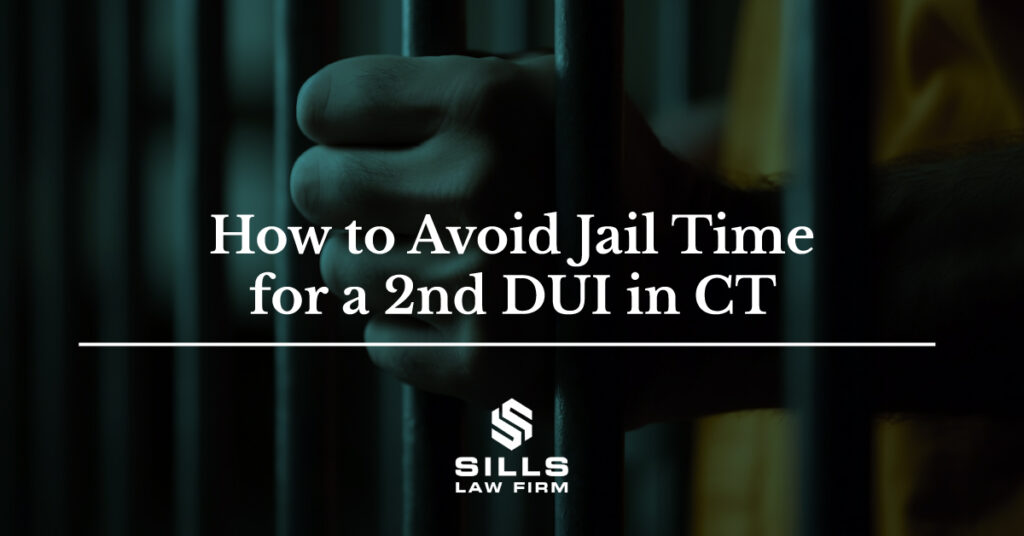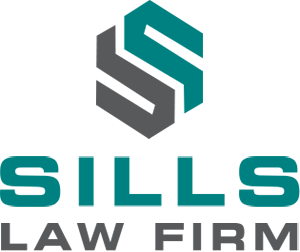In general, all individuals in a moving vehicle must be sober. This means if you are a passenger in a vehicle with someone when he/she is arrested for a DUI in Connecticut, it is possible to still face other criminal charges.
When the Passenger is Under the Influence
When a police officer pulls over a vehicle, he/she will evaluate every person’s level of intoxication. If the officer suspects that you are also intoxicated by alcohol or drugs, you might be asked to perform a field sobriety test or chemical test.
If you fail each test, you may be taken into protective custody and even to a hospital to receive treatment for your condition. Keep in mind, protective custody is not the same as an arrest, which means you won’t have a criminal record from the incident.
But what happens if there is an open container in the vehicle? Although there are 40 states that have laws prohibiting open alcohol containers in vehicles, Connecticut is not one of those states.
The state only restricts the consumption of alcohol while driving the vehicle. The only way a passenger would face criminal charges is if he/she is under 21 years of age.
When the Passenger is Sober
Going back to the example above, if the officer determines you are not intoxicated, you will still be subject to questioning. One of those questions the officer will ask is why weren’t you the one driving the vehicle, instead of your intoxicated friend? You must have a valid reason to prove to the officer that you couldn’t drive.
The following are some valid excuses for not being able to drive despite being sober:
- You don’t have a driver’s license
- Your driver’s license is suspended
- You have been diagnosed with an injury or medical condition that prevents you from operating a vehicle
However, if you don’t have a valid excuse, the officer could charge you with reckless endangerment. There are two types of reckless endangerment charges: first-degree and second-degree reckless endangerment.
First-degree reckless endangerment is charged when a person recklessly engages—with extreme indifference to human life—in conduct that creates a risk of serious injury to another person. Second-degree reckless endangerment happens when a person engages in conduct that creates a risk of physical injury, rather than a serious injury.
First-degree reckless endangerment is a Class A misdemeanor, which carries a maximum one-year jail sentence and/or a fine no more than $2,000. Second-degree reckless endangerment is a Class B misdemeanor, punishable by a six-month jail term and/or a fine not exceeding $1,000.
If you are charged with a crime in Connecticut as a passenger of a vehicle driven by a suspected drunk driver, our legal team at The Sills Law Firm can help you either get your charges reduced or your case dropped altogether. Do not hesitate to contact us today at (860) 524-8118 and schedule a free consultation.
Related:
- Hartford Drunk Driving Lawyer
- Stamford Drunk Driving Lawyer
- Manchester Drunk Driving Lawyer
- Middletown Drunk Driving Lawyer
- Bridgeport Drunk Driving Lawyer
- Meriden Drunk Driving Lawyer
- Danbury Drunk Driving Lawyer
- Waterbury DUI Lawyers
- How Much Does a DUI Lawyer Cost in Connecticut?
- What to Expect with a 1st Offense DUI in Connecticut
